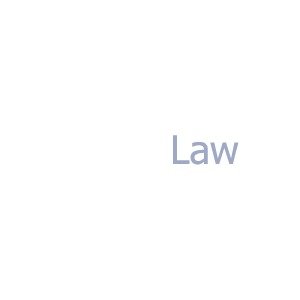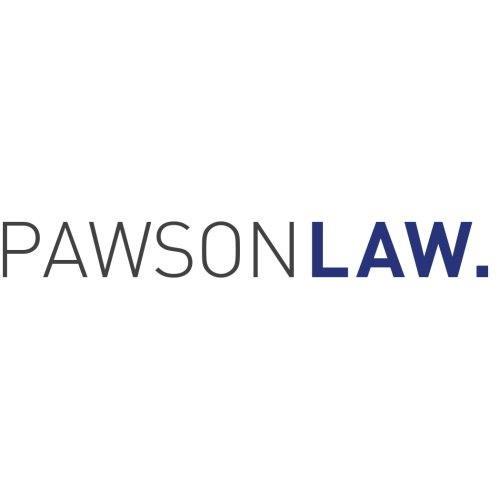Best Sexual Harassment Lawyers in Tauranga
Share your needs with us, get contacted by law firms.
Free. Takes 2 min.
List of the best lawyers in Tauranga, New Zealand
About Sexual Harassment Law in Tauranga, New Zealand
Sexual harassment is deemed illegal and unacceptable in Tauranga, New Zealand. This law is enforced to provide a safe environment for all citizens and protect them from any unwanted sexual advances that may occur at the workplace, educational institutions, and in public places. Any behavior which may be considered offensive, intimidating, or humiliating, from unwanted comments to physical contact, falls under the harassment law. Legal steps are taken according to the Human Rights Act 1993 and the Employment Relations Act 2000 which offer protection and recourse for victims.
Why You May Need a Lawyer
If you have been a victim of sexual harassment, a lawyer can provide advice and guide you through the legal steps needed to report and deal with those incidents. Situations where legal help is required include but are not limited to, filing a formal complaint about the harassment, helping you understand your rights, gathering evidence to substantiate your claim, and representing you either in court or in negotiation processes for settlements. Lawyers can also help employers facing such accusations to understand the legalities and consequences of allegations and advise on steps to take to resolve the issue.
Local Laws Overview
The main local laws in Tauranga, New Zealand revolving around sexual harassment are primarily enacted through the Human Rights Act 1993 and the Employment Relations Act 2000. The Human Rights Act prohibits sexual harassment in all areas of public life while the Employment Relations Act explicitly prohibits sexual harassment in the workplace. Employers are required to ensure a safe environment, free from any form of sexual harassment. It covers a broad spectrum of actions ranging from unwelcome or offensive comments about someone's physical appearance to unwarranted physical contact or coercion. Failure to oblige can lead to serious legal repercussions.
Frequently Asked Questions
What is considered sexual harassment in New Zealand?
In New Zealand, sexual harassment includes unwelcome or offensive sexual comments, physical conduct, or requests for sexual favors that is either offensive or intimidating. Furthermore, showing explicit or pornographic material without consent can also comprise sexual harassment.
What to do if I am being sexually harassed?
If you are being sexually harassed, it is advisable to object to the behaviour, document the incidents, report it to your employer or school and seek legal help.
Can I file a claim on behalf of someone else?
Generally, the person affected must file the claim for themselves. However, in circumstances where the person cannot do it, a representative may be able to file on their behalf.
Will I lose my job if I report sexual harassment by my employer?
The law forbids the dismissal of any individual for lodging a sexual harassment complaint. Retaliation against those who take steps to report sexual harassment is illegal.
How is sexual harassment penalized?
The penalties for sexual harassment can range from fines to imprisonment depending on the severity of the case. Employers can also be held liable if they don't take adequate steps to prevent or address sexual harassment in the workplace.
Additional Resources
You can find more information on sexual harassment from the New Zealand Human Right Commissions and Ministry of Business, Innovation, and Employment. These organizations provide comprehensive guidelines on dealing with sexual harassment and the process of lodging complaints.
Next Steps
If you believe you are a victim of sexual harassment, it's important to object and make the harasser aware their behavior is unwelcome. Inform your employer or the relevant authority at your workplace or school about the situation. Document the incidents diligently as this can be beneficial when seeking legal help. Moreover, seek a solicitor or visit a community law center for legal advice. If necessary, you may initiate a complaint with relevant governmental bodies.
Lawzana helps you find the best lawyers and law firms in Tauranga through a curated and pre-screened list of qualified legal professionals. Our platform offers rankings and detailed profiles of attorneys and law firms, allowing you to compare based on practice areas, including Sexual Harassment, experience, and client feedback.
Each profile includes a description of the firm's areas of practice, client reviews, team members and partners, year of establishment, spoken languages, office locations, contact information, social media presence, and any published articles or resources. Most firms on our platform speak English and are experienced in both local and international legal matters.
Get a quote from top-rated law firms in Tauranga, New Zealand — quickly, securely, and without unnecessary hassle.
Disclaimer:
The information provided on this page is for general informational purposes only and does not constitute legal advice. While we strive to ensure the accuracy and relevance of the content, legal information may change over time, and interpretations of the law can vary. You should always consult with a qualified legal professional for advice specific to your situation.
We disclaim all liability for actions taken or not taken based on the content of this page. If you believe any information is incorrect or outdated, please contact us, and we will review and update it where appropriate.

















